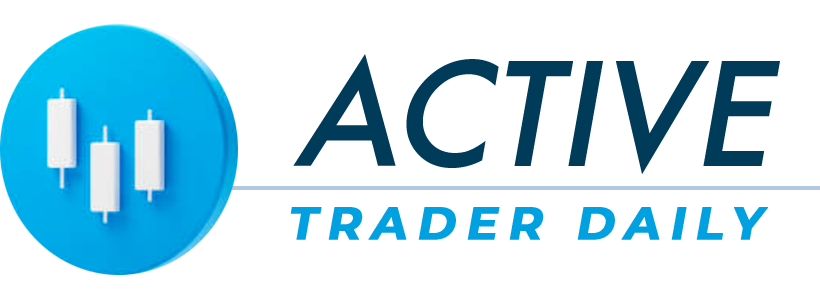By Ann Saphir
WASHINGTON(Reuters) – U.S. central bankers still anticipate cutting interest rates three times this year, according to the median of new economic projections published on Wednesday, but overall have become more hawkish than three months ago when they last published forecasts.
Nine of the Fed’s 19 policymakers see three quarter-point rate cuts this year, and nine see two or less. Only one penciled in more cuts than the median, compared with five in December.
The new projections suggest policymakers are more inclined to keep rates higher for longer to make sure inflation does not stall out above their 2% goal, or flare up again.
By the end of 2025, policymakers anticipate a policy rate of 3.9%, according to the median of their projections, implying an additional three quarter-of-a-percentage-point cuts next year. In December the median policymaker wrote down an end-2025 rate of 3.6%.
The current policy rate target range, reaffirmed Wednesday, is 5.25%-5.5%.
The forecasts are not a consensus view. They reflect the individual expectations of the Federal Reserve’s seven Washington-based governors and the 12 Fed bank presidents.
With several more readings on inflation and the job market due before the Fed’s June meeting, plenty could change. Softer inflation readings could firm up expectations for the start of rate cuts by then; stronger ones could push them further into the future.
But at least so far, hotter-than-expected price pressures since the start of the year seem to have begun to erode U.S. central bankers’ confidence in inflation’s progress toward the Fed’s 2% goal.
Policymakers now anticipate inflation by the Fed’s targeted measure, the personal consumption expenditures price index, will end this year at 2.4%, but with core PCE inflation, a gauge of underlying inflation pressures, at 2.6%.
In December the forecast for both measures was 2.4%.
By the end of next year policymakers see headline PCE inflation easing to 2.2%; in December the median end-2025 forecast was 2.1%.
In all, the new projections suggest continued faith in a “soft” landing for the economy, in which the Fed brings inflation under control without severe damage to the labor market.
Policymakers marked up their forecast for U.S. economic growth this year to 2.1%, from 1.4% in their December projections, and expect GDP to grow 2.0% next year, versus the 1.8% they had previously expected.
They see the unemployment rate, which rose last month to 3.9%, rising to 4.0% by the end of the year, compared with 4.1% seen in December; they now expect it to end 2025 at 4.1%.
Policymakers also made a notable tweak to their longer-run view of the Fed policy rate, with the median policymaker now pegging it at 2.6%, up from the prior view of 2.5%, an increase that suggests that the central bank may not need to reduce borrowing costs quite as much to reach a level that, in a healthy economy, neither encourages nor discourages investment and hiring.
(Reporting by Ann Saphir; Editing by Andrea Ricci)












